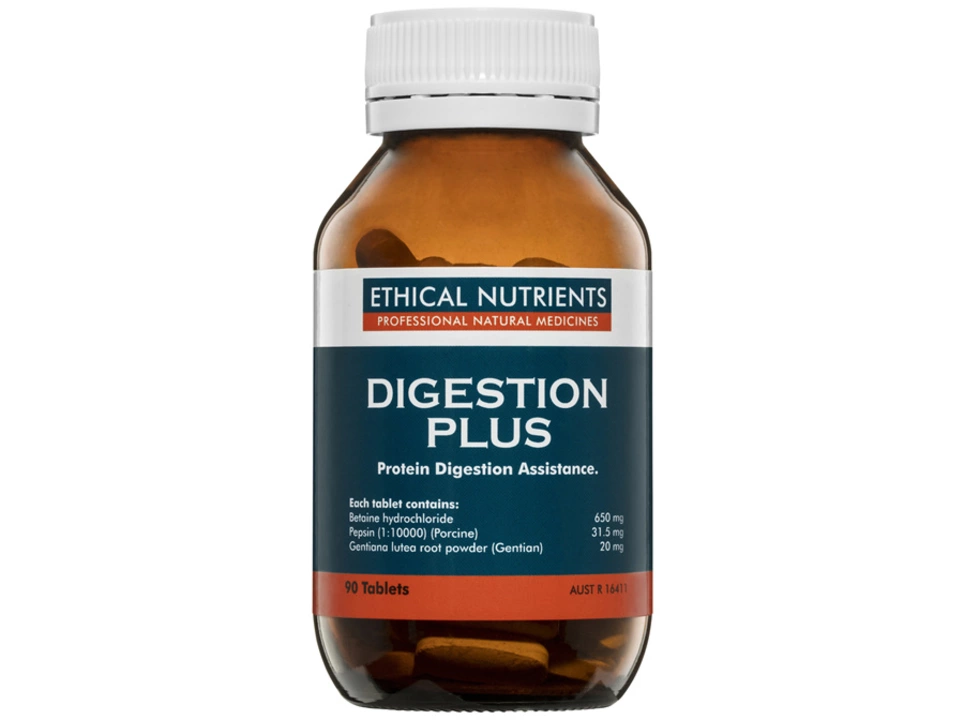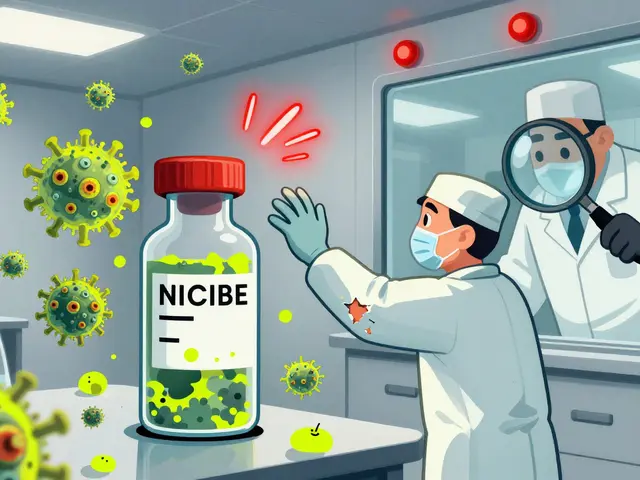Betaine Hydrochloride: A Practical Guide to Uses, Dosing, and Safety
Low stomach acid can cause bloating, gas, and trouble digesting protein. Betaine hydrochloride (betaine HCl) is an over-the-counter supplement people use to raise stomach acidity and improve digestion. It’s different from regular betaine (betaine anhydrous): the HCl part adds acid to your stomach, which helps break down food and activate digestive enzymes.
What it does: Betaine HCl replaces stomach acid that’s low due to age, long-term antacid or proton pump inhibitor (PPI) use, or other causes. When taken with meals, it can help the stomach digest proteins and release nutrients like iron and vitamin B12. Clinical reports and small trials show betaine HCl can temporarily restore gastric acidity in people who have reduced acid from long-term PPI therapy.
How to use it safely: Start low and test. A common method is to take one 325 mg to 650 mg capsule with the first bite of a protein-rich meal and see how you feel. If digestion improves without heartburn or pain, you may repeat the same dose with main meals. If you feel burning, stop immediately. Some people build up to higher doses, but there’s no universal dose—work with a clinician familiar with stomach acid testing.
Warnings and who should avoid it
Don’t use betaine HCl if you have active gastritis, peptic ulcers, a history of esophagitis, or gastroesophageal reflux disease that causes heartburn. Avoid if you’re taking aspirin, other NSAIDs, or blood thinners unless your doctor says otherwise. Pregnant or breastfeeding people should check with their healthcare provider first. If you’re on long-term PPIs, consult your prescriber before trying betaine HCl; acid restoration can change how other drugs are absorbed.
Side effects, interactions, and buying tips
Common side effects include a warm or burning feeling in the stomach, heartburn, or mild nausea. More serious pain or persistent burning means stop and see a doctor. Betaine HCl may change absorption of medications that need an alkaline stomach—talk with your pharmacist about timing doses. Choose supplements from reputable brands that list HCl content clearly and avoid products that mix betaine with strong herbal stimulants.
Practical checklist: test with a low dose during a protein meal, stop if you get burning, avoid if you have ulcers or ongoing reflux, and consult your clinician if you take PPIs or blood thinners. If betaine HCl helps, use it as part of a plan that includes diet changes—smaller, protein-focused meals and reducing alcohol or NSAID use often helps digestion too.
Want to try it? Start slow, notice effects, and keep a short log: dose, meal type, and symptoms. That simple record helps you and your clinician decide if betaine HCl is a helpful tool for digestion or if you need further testing like stomach pH evaluation or H. pylori screening.
Note: low stomach acid can mimic high acid symptoms — testing avoids guesswork. If symptoms persist after two weeks of careful trial, book a clinic visit for pH testing, H. pylori checks, or personalized advice right away.
I recently came across an incredible guide on improving gut health with the help of Betaine Hydrochloride. This comprehensive guide dives deep into the benefits of this supplement, explaining how it can revolutionize our gut health by breaking down proteins and increasing stomach acid levels. It also covers the proper dosage and potential side effects, ensuring we make an informed decision. I highly recommend checking out this guide if you're interested in better digestion and overall gut health. It might just be the game changer you've been looking for!
View Details

